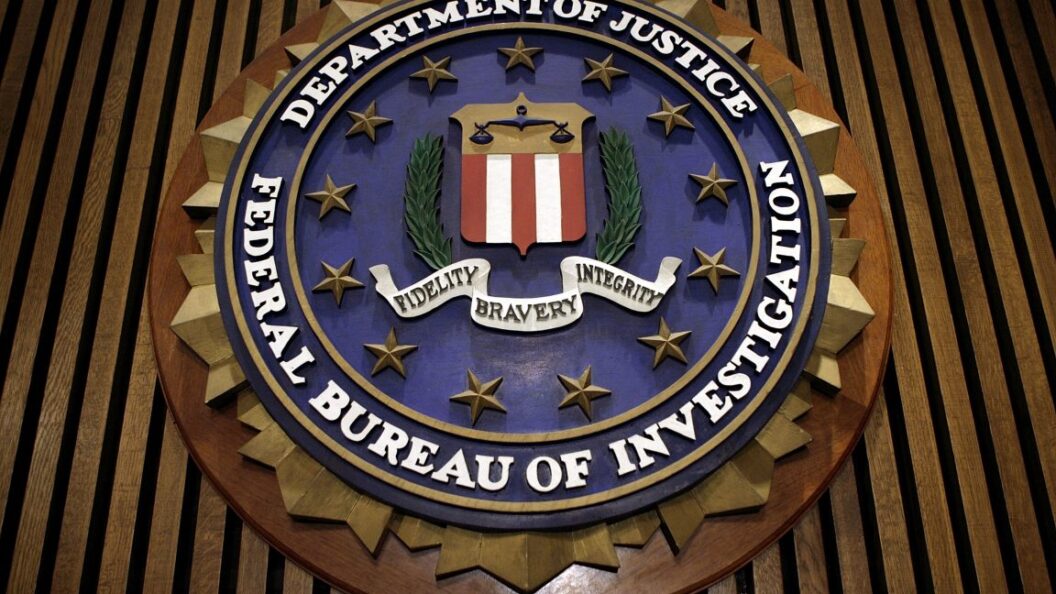Disappearance of Indiana University Professor Raises Questions amid FBI Raids
In a startling development, Xiaofeng Wang, a well-respected computer scientist at Indiana University, has seemingly vanished from public view following significant actions taken by federal authorities and his employer. Wang, who has dedicated over 20 years to researching cryptography, privacy, and cybersecurity, recently lost access to his professional profile, email account, and phone number. This abrupt change has coincided with FBI raids on his properties, raising concerns among colleagues and the academic community about the circumstances surrounding these events.
Academic Background and Achievements
Xiaofeng Wang held several prestigious positions, including associate dean for research at Indiana University’s Luddy School of Informatics, Computing, and Engineering. Throughout his career, he has contributed to a wide range of academic papers, focusing on critical areas such as systems security and the protection of human genomic data. Over his tenure at Indiana University, he has led research projects that amassed nearly $23 million in funding, highlighting his significant contributions to the field and the university’s reputation.
Unprecedented Actions by Indiana University
In recent weeks, a series of unusual actions have been taken by Indiana University, culminating in the removal of Wang’s professional digital presence. His email account, phone number, and faculty profile were all erased without explanation, a move that has alarmed colleagues and students alike. Furthermore, the university took similar actions concerning his wife, Nianli Ma, who previously served as a Lead Systems Analyst at the university’s Library Technologies division. The removal of their online profiles has ignited speculation regarding the nature and motivation behind these decisions.
FBI Raids Spark National Interest
On a Friday morning, a team of federal agents descended upon the couple’s home in Bloomington, Indiana, accompanied by unmarked vehicles. Witnesses reported seeing agents moving in and out of the residence throughout the day, apparently removing boxes containing unspecified materials. WTHR, a local news station, later reported that a second property owned by Wang and Ma in Carmel, Indiana, was also searched as part of the federal investigation. This unprecedented action has drawn both local and national attention, with many raising questions about the motives and objectives behind the federal inquiry.
Expert Opinions and Community Reaction
Academic peers and experts in the field have expressed their concerns, with one stating, "None of this is in any way normal." The abrupt disappearance of a prominent scholar, coupled with the involvement of federal agents, raises ethical and legal questions that may extend far beyond Wang’s immediate circumstances. Many in the scientific community are calling for transparency to ensure that such actions are warranted and not infringing upon academic freedom or personal rights.
Implications and Future Developments
As the investigation unfolds, the implications for both Wang and the wider academic community remain uncertain. The intersection of academic research, government scrutiny, and privacy concerns within the realm of cybersecurity is particularly poignant, especially given Wang’s focus on protecting sensitive data. The lack of clear information surrounding the reasons for the raids has led to a growing sense of unease and speculation.
Conclusion
The disappearance of Xiaofeng Wang represents a rare and troubling confluence of events within the academic and research sectors, particularly in fields as sensitive as cybersecurity and cryptography. As federal investigations continue and more details emerge, the academic community is left to grapple with the repercussions of these actions and their potential consequences for the future of research in these critical fields. The ongoing situation also underscores the delicate balance between national security interests and academic inquiry, prompting essential discussions about privacy, freedom of information, and the role of academia in a rapidly evolving digital landscape.









